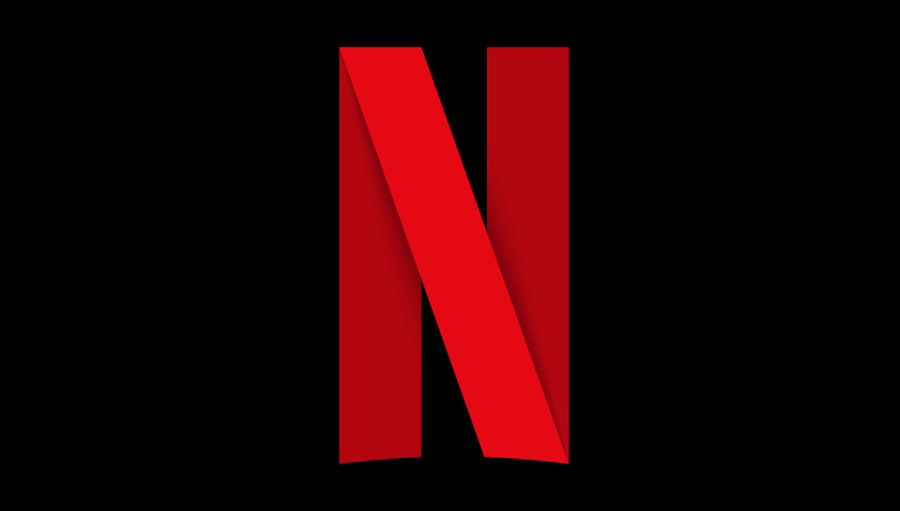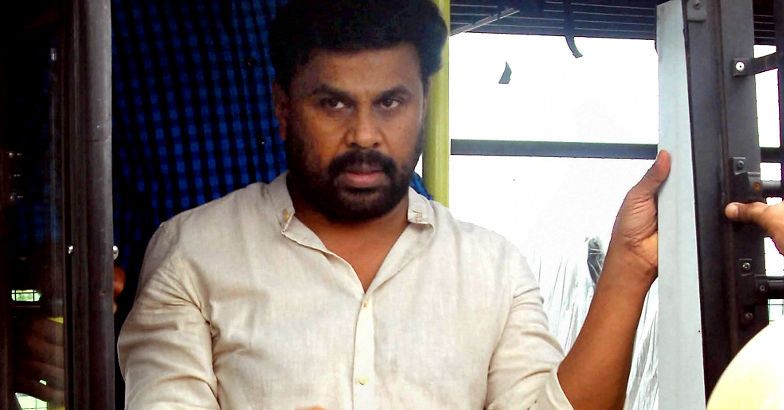Netflix executives, on Thursday, addressed the reasons behind the platform’s limited success in India, during their Earnings Interview for the fourth quarter of 2021, while co-founder and co-CEO Reed Hastings termed it “frustrating.”
Although Netflix’s global subscriber base currently stands at 222 million, the streaming giant has not really been able to make inroads into India, with only 2.6 million new subscribers coming from the entire Asia-Pacific region in the last quarter.
“The thing that frustrates us is why haven’t we been more successful in India,” Hastings said during the webcast on Thursday.
The panel consisted of Hastings, Chief Content Head Ted Sarandos, Product and Operations Officer Greg Peters, and Chief Financial Officer Spencer Neumann. They discussed Netflix’s performance in India, after the streamer cut down the price of its monthly plans in the country, even as it increased rates in USA and Canada.
The new Netflix plans in India start from Rs 149 per month for its mobile plan. The basic plan is fixed at Rs 199, while the cost is Rs 499 and Rs 649 for the Standard and Premium plans, respectively.
Peters said the decision to decrease prices in India was made in order to achieve long-term maximisation of the subscriber base.
Hastings noted that their main competition in the country was cable television, which is priced at $3 (around Rs 220) or below. However, the primary rival of Netflix in India’s OTT space is Disney+ Hotstar, which broadcasts widely-watched sports content like cricket, apart from streaming series and films. Hotstar’s collaboration with Disney has also drawn in the Marvel fanbase with spin-off shows like WandaVision, Loki, The Falcon and the Winter Soldier, Hawkeye, and the upcoming Moon Knight.
“India is fundamentally different in a way that we can’t figure out how to tailor our offering to be attractive to Indian consumers, who love entertainment,” said Peters. He added that better subtitling and dubbing would help in the localisation of content and accelerate viewership, as non-English language content has proven to be a game-changer for the streaming giant.

The South Korean show Squid Game became Netflix’s biggest launch ever, amassing 1.65 billion hours of viewership in the first four weeks of its release. Sarandos confirmed a second season for the survival drama series and said, “The Squid Game universe has just begun.”
The success of shows like Squid Game and Hellbound has resulted in increased investment in non-English language content. Netflix recently announced a lineup of 25 South Korean films and series, as a part of its 2022 release slate.
The Spanish show Money Heist, whose latest season premiered recently, has garnered 6.7 billion hours of viewership since it first arrived on the platform.
Meanwhile, in India, the Malayalam film Minnal Murali became one of the biggest locally-viewed titles.
The fourth quarter of 2021 also witnessed the launch of two of Netflix’s biggest films ever, Red Notice and Don’t Look Up.
Recommended
Apart from discussing these releases and their performances, the panel also spoke about the forecast of a slowdown in early 2022 for the streamer. While they could not pinpoint the reason behind this, the panel attributed the slowdown to the ongoing Covid-19 pandemic and the economic slump in Latin American countries. In addition to this, they acknowledged that growing competition from rival streaming platforms has had an impact on Netflix’s growth worldwide.
Even though the panel maintained that the platform grew significantly in 2021, the subscription numbers tell a different story. Netflix added only 18 million new paid subscribers in 2021, down by over 50% from 2020, when it acquired 37 million paid subscribers.
Netflix also recently began its expansion into games, which are included in the subscriptions and built around popular shows like Stranger Things. However, the executives all agreed that it was too early to comment on this development.



